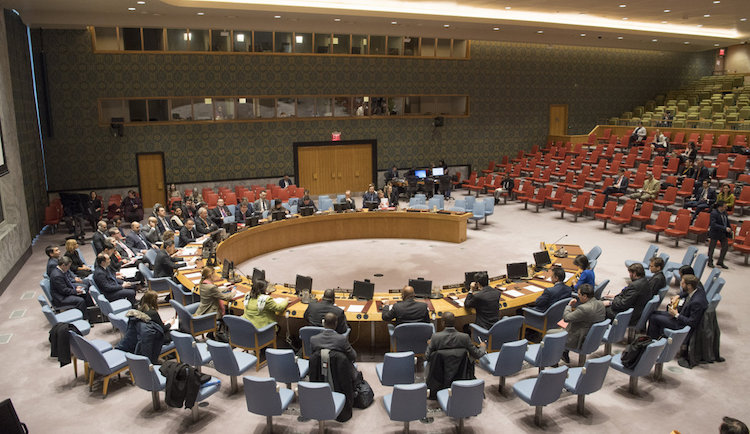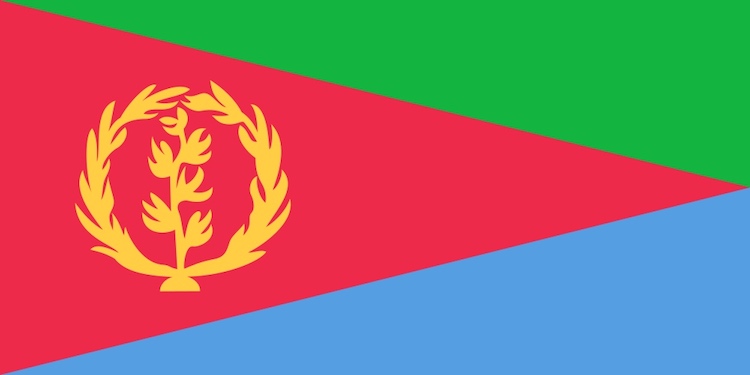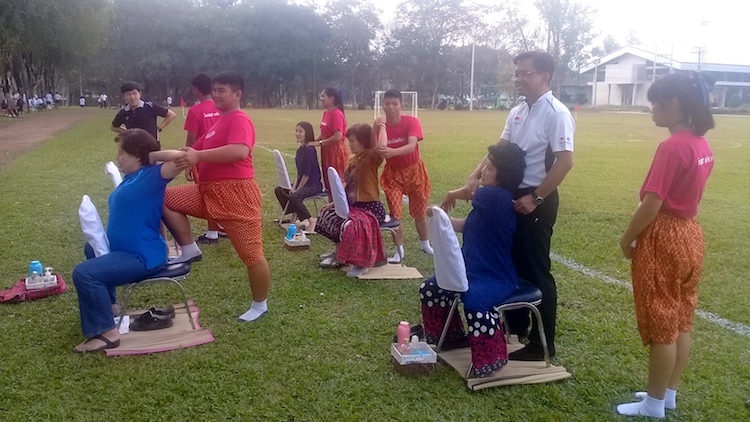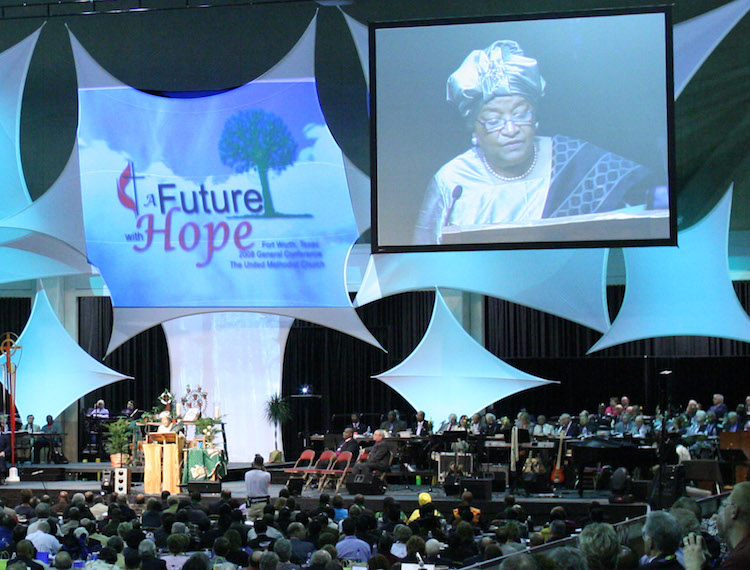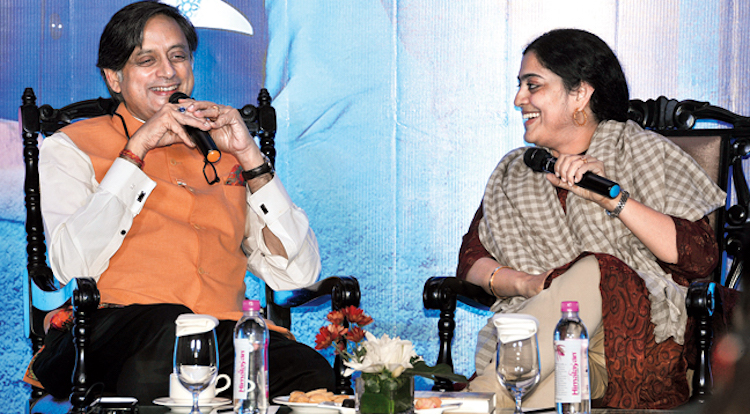By Justus Wanzala NAIROBI (IDN) – Heightened demand for energy, a shift in policy and the emergence of viable entrepreneurial innovations are propelling transition to sustainable energy in the East African region. This emerged during a two-day conference organised by Kenya’s Strathmore University‘s Energy Research Centre (SERC) in partnership with Renewable Energy Solutions for Africa […]
‘Smart Farms’ Making Thai Agriculture Sufficient and Sustainable
By Kalinga Seneviratne This article is the 20th in a series of joint productions of Lotus News Features and IDN-InDepthNews, flagship of the International Press Syndicate. CHANTHABURI, Thailand (IDN) – Thai farmers are going back to basics under a “Smart Farms” formula supported by modern information communication technology (ICT) integrated into a Buddhist concept of ‘sufficiency economy’ to […]
In the Shadow of Lumumba, Congolese Defy Protest Ban
By Lisa Vives, Global Information Network NEW YORK (IDN) – Amid reports that pro-democracy activism in the Democratic Republic of Congo is feeling the lash from the unpopular government of Joseph Kabila who is under pressure to hand over power as the Constitution requires, UN Secretary-General António Guterres has urged Congolese security forces “to exercise […]
Building Regional Partnership in Afghanistan and Central Asia
By António Guterres, UN Secretary-General Following are extensive excerpts from UN Secretary-General António Guterres’ remarks to the Security Council debate on building regional partnership in Afghanistan and Central Asia to link security and development, on January 19. The debate was convened by the Council’s Kazakh presidency for the month of January. – The Editor. UNITED […]
Mounting Political Tensions Around Eritrea
By Klara Smits BRUSSELS (IDN) – The political situation around Eritrea is evolving rapidly, in both the Horn of Africa and Europe. Sudan has closed the border with Eritrea and deployed troops amid rising tensions while in the Netherlands, Eritrea’s top diplomat has been declared ‘persona non grata’ over the country’s practice of enforcing a […]
Thai Doctor Creating Multi-Faceted Approach to Sustainable Development
By Kalinga Seneviratne CHANTABURI, Thailand (IDN) – A passionate, socially conscious doctor in this rural farming community in the north-east of Thailand is working with a school for marginalised children, supported by a foundation set up by Princess Maha Chakri Sirindhorn, the second daughter of late King Bhumibol who died in October 2016. The school […]
Her Legacy in Tatters, Celebrated Liberian Leader Faces Fury
By Lisa Vives, Global Information Network NEW YORK (IDN) – Ellen Johnson Sirleaf, one of the most celebrated African leaders in recent memory, will soon pass the baton to her successor, sports hero George Manneh Weah, amidst an outpouring of anger and claims of betrayal by members of her Unity Party whose candidate was trounced […]
Tanzania Pushing Gender Empowerment Despite Hurdles
By Kizito Makoye DAR ES SALAAM (IDN) – Despite efforts to promote gender equality, women and girls in Tanzania are still marginalised and largely under-utilised citizens – often suffering from discrimination and violence from their male counterparts due to a biased male-dominated system which often pushes women to the brink of survival. However, in line […]
India Faults UN Security Council’s Legitimacy and Credibility
By Santo D. Banerjee UNITED NATIONS (IDN) – A non‑representative United Nations Security Council, designed long ago to maintain a balance of power between rival States, is unable to handle challenges which have changed beyond recognition over the decades, Ambassador Syed Akbaruddin, India’s Permanent Representative to the UN has warned. “An instrument that is no […]
Eminent Writer-MP Tharoor Shreds Indians’ Colonial Mindset
By Chandreyee Ghose, The Telegraph India KOLKATA (IDN-INPS) – Shashi Tharoor shredded the colonial mindset at the second author meet organised by Kalam Club at Taj Bengal on December 28. The writer-MP talked about his latest book, An Era of Darkness: The British Empire in India, Indian writing in English and debunked some colonial myths […]




